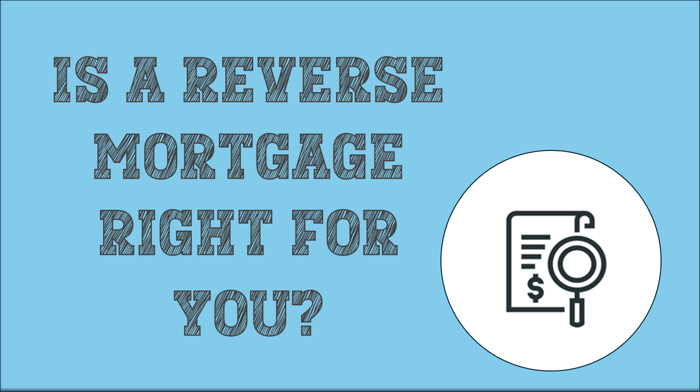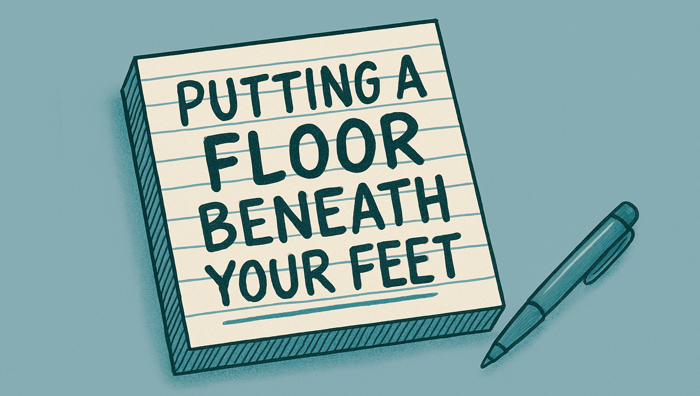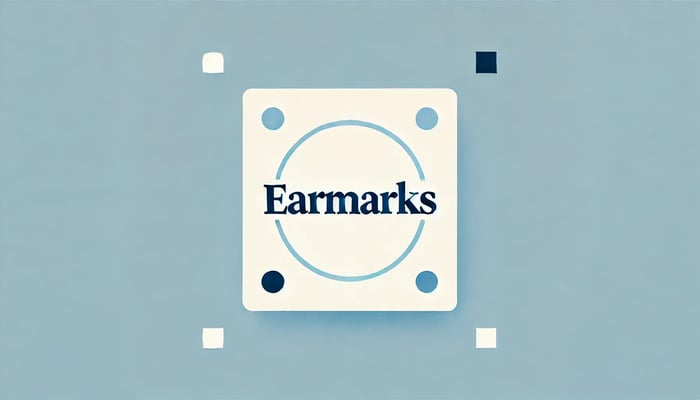Table of Contents
Why would someone get a reverse mortgage?
To answer this question, let’s first talk about retirement.
It’s amazing. They don’t call them the “golden years” for nothing. No more nine-to-five drudgery; being at the beck and call of your boss, clients, or shareholders; no more traffic jams at rush hour. You don’t have to ask permission to go on vacation.
Instead, you get to choose what you want to do and when you want to do it. Want to go surfing right now? Absolutely. Want to party with friends all day? Go for it. Want to do absolutely nothing for a week? Why not?
That’s the benefit of retiring with relaxed confidence.
But First You Have to Retire
Yes, a full retirement is the awesome life to which we all aspire, but the process of retiring is just that: a process. And it can be a difficult one, even after spending 40 or more years working hard and saving for it.
And sometimes, you don’t have the funds for the retirement you want lying around in a bank account or an easy-to-sell stock portfolio. And selling your house is out of the question, because then where would you live?
In these cases, you could consider leveraging a portion of the equity you have in your home via a reverse mortgage. Let’s examine this option more closely.
What Is A Reverse Mortgage?
Reverse mortgages aren’t for everyone, but they are one way you can turn your residence into a source of income.

A reverse mortgage allows you to create an income stream by loaning off the value of your home, assuming you own the home free and clear. They can be confusing since they are a bit of a misnomer. Typically, we would associate the word mortgage with liability. However, instead of you paying the bank, the lender pays you the proceeds of what is really a loan.
The lender gets security on that loan via a lien on your house.
Traditional Mortgage
If you own your own house, you probably took out a mortgage to buy that house and, after your down payment, paid the rest of the loan balance off to our lender over a period of 15 or 30 years. The mortgage lender held the title of the house until you paid your balance, and once you did, you received the title, free and clear.
Reverse Mortgage
A reverse mortgage is similar, with the main difference being the absence of restrictions over how you use the proceeds of the transaction, and your creditor (the mortgage lender) gains a lien on your home rather than outright ownership. That lien means that you (or your heirs) cannot sell the home unless the loan is fully paid off.
Example
Let’s say that you’re a 72-year-old living in Kitty Hawk, NC. You have a home that’s worth $500,000, and you want to know how much you could receive if you put your home up for a reverse mortgage. Using a simple calculator like this one and assuming that your home is fully paid off, the proceeds could look something like all of this:
$96,724 in upfront cash
$835 as a monthly cash payment
$50,000 line of credit
Your fees and closing costs on this transaction would be about $18,176, which would be subtracted from your upfront cash.
You could also elect to receive higher amounts if you choose funds in one or two of the three categories instead of all three.
Want to learn more about retirement planning? Click below to access my free videos on retirement income.
Who Can Get a Reverse Mortgage?
You must be 62 or older to secure a loan underwritten by a government-sponsored insurer or most private lenders. And you must either own your home outright or be able to pay off existing mortgages or home equity lines of credit at closing, according to these standards.

One more requirement: you can only get these mortgages on your primary home. If you own other real estate, such as vacation properties or investment real estate, you can generate real estate income in retirement but not through a reverse mortgage.
What’s the Catch?
Sounds like a great deal, right? However, there’s no such thing as a free lunch. There are some downsides to reverse mortgages that you should carefully consider before signing the application.
Less Money For Your Heirs
When you enter a reverse mortgage agreement, you’re really taking a loan out on your home. You will be able to remain in your home until your dying day. However, once you permanently move out (or pass away), your heirs will need to either pay back the debt or sell the home.
After your death, your heirs will have a designated period of time to settle the debt. They can sell the house, pay off the loan, and keep the difference between the sales proceeds and the loan balance. Or they can pay off the loan balance and keep the house.
Either way, they will receive an asset worth considerably less than if you left them the house without the encumbrance of paying off the loan.
Depending on their ability or desire to repay the loan, your home may not be passed down to your heirs.
Interest On The Loan
A second factor to consider is that you’ll be charged interest, just like an ordinary mortgage. However, with a reverse mortgage, any interest is accrued but not paid until the end of the loan. The interest doesn’t accrue in the same way as it does with a normal mortgage, but there will be interest owed after you pass away. As a result, your heirs will receive less money from the home when they sell it since they’ll need to pay back the loan plus interest.
That’s why a reverse mortgage is an option most suited to retirees who both:
Plan to live in the same home for a long time.
Don’t mind leaving less for their descendants.
Also Known as ‘Home Equity Conversion Mortgage’
The U.S. Department of Housing and Urban Development insures some reverse mortgages known as HCEMs. You can read more about how that program works here.
What’s Involved In Calculating A Reverse Mortgage?
The factors in determining how much you can get include the value of your home, your age, and your zip code.
People who:
Are older
Live in higher-value homes
In more desirable neighborhoods
Will be able to borrow more.
Takeaways
As we noted above, there are several options for how you can receive your income from this financial instrument. For instance, you can choose to receive a lump sum, or you can elect to receive lifelong monthly payments. I recommend you consider your options carefully and choose what best suits your current financial situation.
A financial planner can help you conduct a cost-benefit analysis of how a reverse mortgage might work for you.
Ready to speak to a Clark Asset Management financial planner? Answer a few quick questions to see if we're a mutual fit below.






